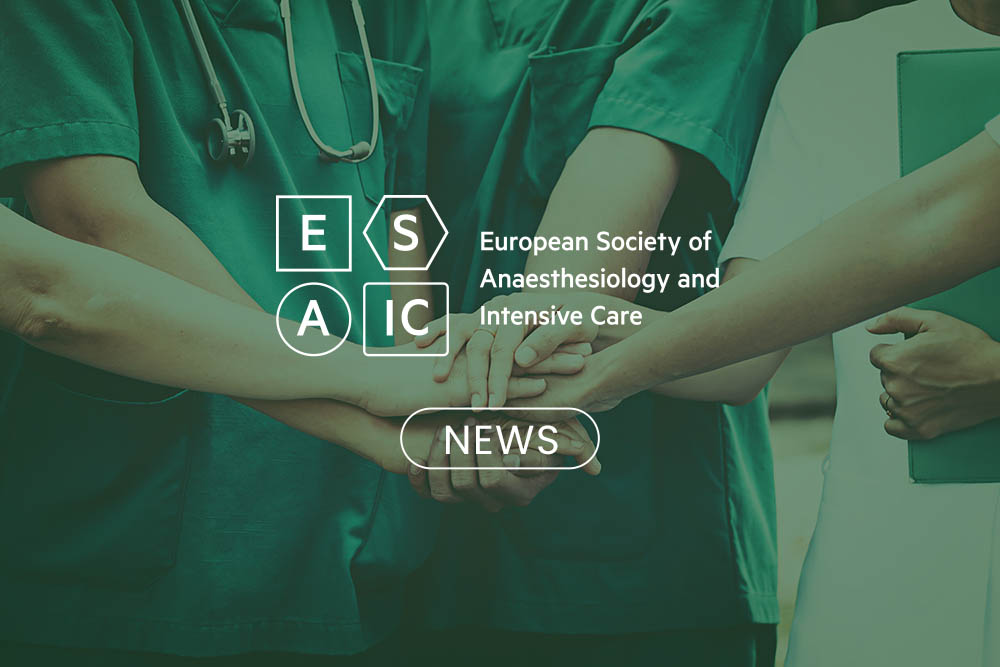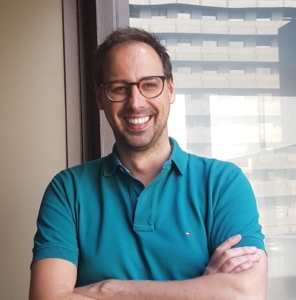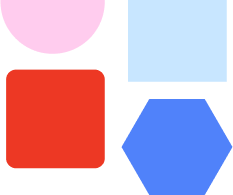Newsletter 2020
Mentorship experience : A Success Story

Kurt Ruetzler
kurt.ruetzler@reflex.at
When I saw the announcement for the first ESAIC mentorship program about 4 years ago, I just left Switzerland to join a large academic institution in the United States. As a person who wants to accomplish much in the future, it was a no-brainer for me that I will apply. But, of course, there was a lot of uncertainty about the program. The biggest challenge for an early career physician like me was navigating through the numerous career paths available to someone entering the scientific field. I was looking for help and advice, to avoid common pitfalls by providing personal insights and perspectives based upon past experiences. Will I receive adequate guidance, perspective, and knowledge by a senior mentor and will the mentor be able to guide me through the jungle of “career-related questions”?
After hesitating for a short while, I decided to take on the challenge and started working on my application for the mentorship program. The application process was generally easy and straight forward. However, while several questions were obvious, others were quite challenging and profound. An intensive process of reflection started and included basics like “What do I really want to accomplish? What do I expect from a senior mentor? What are the metrics of a successful mentor-mentee match?”. I finally was ready to submit the application.
After about 2-4 weeks, I received the formal acceptance letter from the ESAIC office. I was paired with Pierre Diemunsch, professor and head of the Department of Anesthesia at the University of Strasbourg, France. I was thrilled to have the opportunity to be mentored by such a successful colleague, who shares the scientific interest in airway management and ventilation strategies. The first step was to initiate contact by emailing my mentor. He was receptive to talking, enthusiastic, respectful and appreciative of my time and effort when I first reached out. The official kick-off meeting was held during the ESAIC annual meeting. We discussed our aims and how we want to set-up our mentor-mentee relationship for the 2 years to follow. We identified 4 essential cornerstones of our mentor-mentee relationship: skills development, goal setting/ career planning, problem-solving, and networking. Additionally, Pierre and I started to work on several research projects. Some of them have been published so far and several others will follow in the near future. A successful mentorship requires dedication and commitment from both sides. Pierre and I have met 7 times in person during the mentorship period, and communicated via email, telephone or even text messages on a regular base. Pierre was keen to share stories of his journey through academia and offered advice on improving my CV as well as ways to enhance the opportunity to enhance my career as a clinician and researcher given my specific skill set. It has been amazing to see how open he has been to discuss the challenges and successes of my career.
The official mentor-mentee relationship ended 2 years after initiation, again at the ESAIC annual meeting. Although we received a diploma for finishing the mentorship program, this was not the finish of our collaboration. I am glad to say, that we still keep in touch and I still have a “mentor”, which I can call for help or advice.
Retrospectively, It was extremely important, to have a mentor from outside the own institution. Part of the benefit of going offsite, for example (I have had the pleasure to visit Pierre in Strasbourg) is to focus on the dialogue and not be distracted by what’s going on in the hospital during the day. Additionally, a casual environment tends to open up the dialogue a little more—or at least for me, as I personally found it much more comfortable than being in the hospital.
It was not until later that I realized how lucky I was to have such a great mentor. If it were not for the guidance and help from these caring mentor, I had throughout the mentorship program and thereafter, I would have given up on my aspirations of a research career. The guidance, perspective, and knowledge shared with me by my mentor has been immeasurable for the progression of my career.
If there are several points, I have learned from being a mentee, it would be these:
- Nobody’s experience is the same in science.
- You have to be open to receive constructive feedback and critics. The mentorship should be less a venting session and more concerned with determining what I can do to grow personally and professionally.
- Work hard, apply yourself and realize that you are not alone on your journey to a successful career.
- Mentorship programs are essential and helpful. Pursue opportunities to connect with individuals at various levels of their training and/or career.
Feel inspired? Mentorship applications are now open for mentors and mentees! Apply here(website)
If you have some questions, please contact us at mentorship@esaic.org









